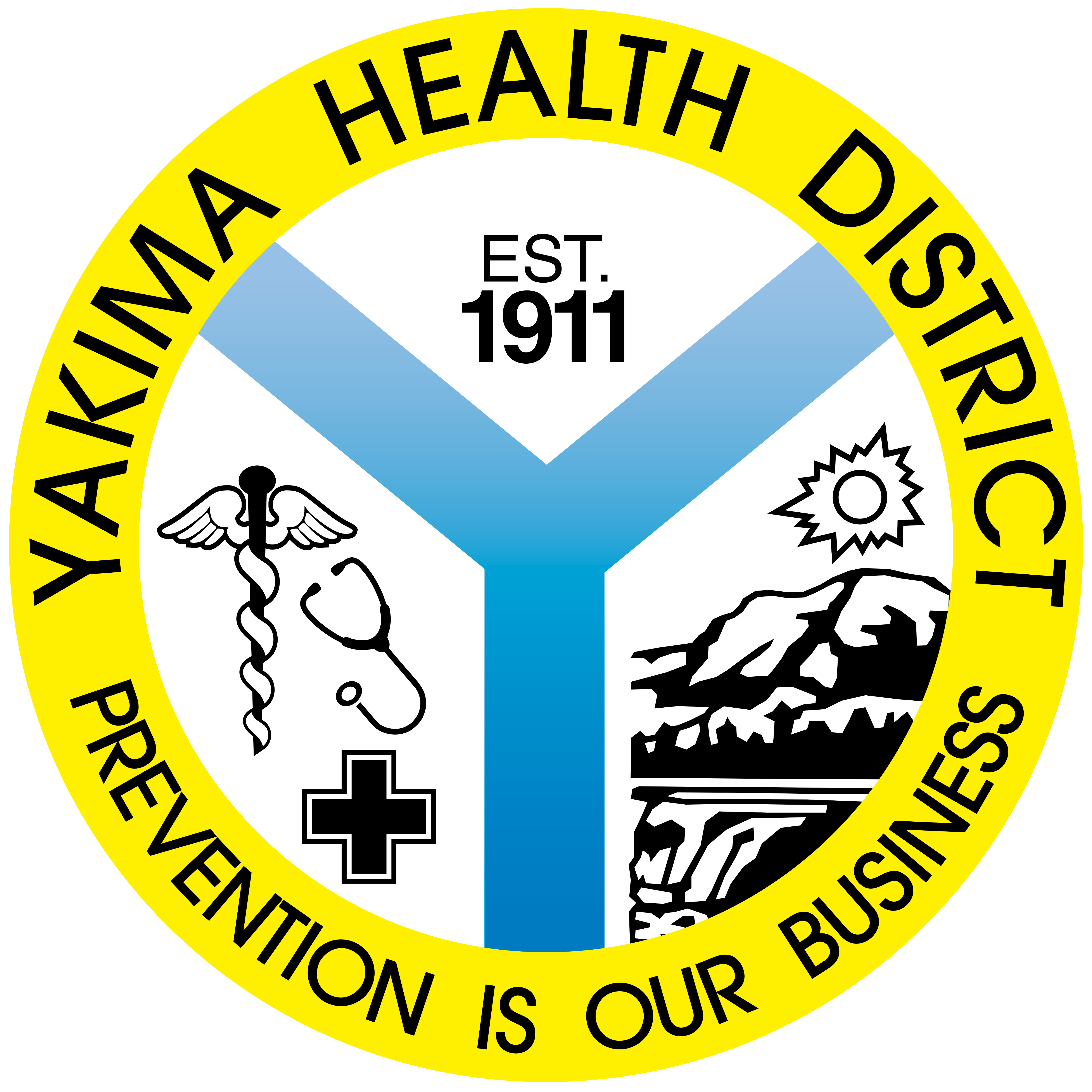
Requested Actions
- Be aware the Health Care Authority (HCA) has received $35 million in federal resources for the provision of health care services for uninsured and underinsured individuals under 200 percent of the federal poverty level, regardless of immigration status.
- Be aware the University of Washington Medicine has a Post-COVID-19 Rehabilitation and Recovery clinic to help those who have had COVID-19 infection but are still experiencing symptoms more than three weeks after.
Uninsured Care Expansion Grant
The Health Care Authority (HCA) received $35 million in federal resources that eligible health facilities can apply to, which would be utilized to provide health care services for uninsured and underserved individuals under 200 percent of the federal poverty level, regardless of immigration status. The online Uninsured Care Expansion Grant application will be available from 3pm on Wednesday, February 2, 2022, until 5pm, Thursday, March 31, 2022. All eligible federally qualified health centers, rural health clinics, free clinics, public hospital districts, behavioral health providers or facilities, behavioral health administrative service organizations, and community-based organizations are encouraged to apply.
Currently, 16% of individuals in Yakima County are uninsured. The Yakima Health District encourages healthcare facilities to apply to this grant, which will help to expand healthcare services to uninsured individuals in Yakima County.
Long COVID-19
Individuals who had a COVID-19 infection may still experience symptoms long after they have recovered from an active infection, which is known as “Long COVID-19” or “Post COVID-19.” The most common symptoms of long COVID-19 are daytime fatigue, tiring easily (especially with activity), and difficulty thinking or “brain fog.” However, there are many different symptoms that may affect your body, mind, mood, and ability to function, such as:
- Body
- Shortness of breath or difficulty breathing
- Palpitations or fast heart rate
- Tiring easily
- Loss of sense of smell and taste
- Increase of symptoms with exercise
- Mind
- “Brain fog”
- Difficulty with tasks such as taking medicines or managing money
- Trouble paying attention, solving problems, and concentrating
- Poor memory
- Mood
- Feeling anxious
- Feeling depressed
- Changes in your sleep
- Having nightmares or flashbacks of your illness (PTSD)
- Function
- Trouble with shopping, cleaning, meal preparation, and daily activities
- Trouble with walking, feeding, bathing, dressing, grooming, and self-care
- Unable to drive
- Unable to return to work or school
The University of Washington Medicine has a Post-COVID-19 Rehabilitation and Recovery specialty to help those who have had COVID-19 infection but still have symptoms. Individuals can call (206) 744-5862 for more information on a treatment plan that will help them in their recovery.
Additional Resources
